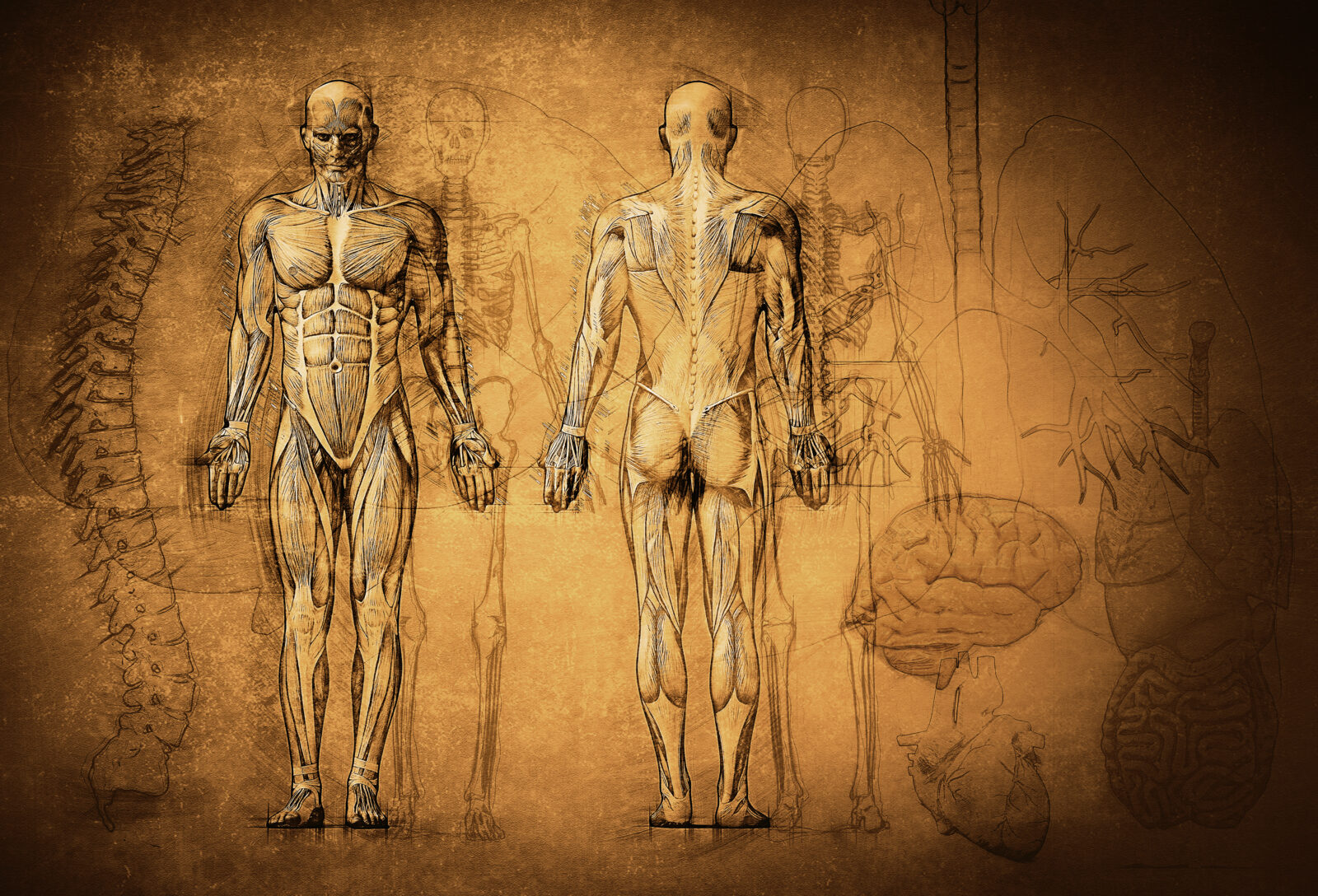


A Mousetrap for Darwin, and Another for Richard Lenski
Today’s ID the Future extends the discussion of A Mousetrap for Darwin: Michael Behe Answers His Critics, the newest book from Discovery Institute Press. Here the focus is on Parts 4 and 7 of the new book, and in particular Richard Lenski’s Long Term Evolution Experiment at Michigan State. What has this long-running project demonstrated? As Behe explains in the book (and elaborates on in today’s podcast), “The study has addressed some narrow points of peculiar interest to evolutionary population geneticists, but for proponents of intelligent design the bottom line is that the great majority of even beneficial mutations have turned out to be due to the breaking, degrading, or minor tweaking of pre-existing genes or regulatory regions. There have been no mutations or series of mutations identified that appear to be on their way to constructing elegant new molecular machinery of the kind that fills every cell.” Listen in as Behe fills in the details with host Eric Anderson. And to dive still deeper, pick up A Mousetrap for Darwin here.